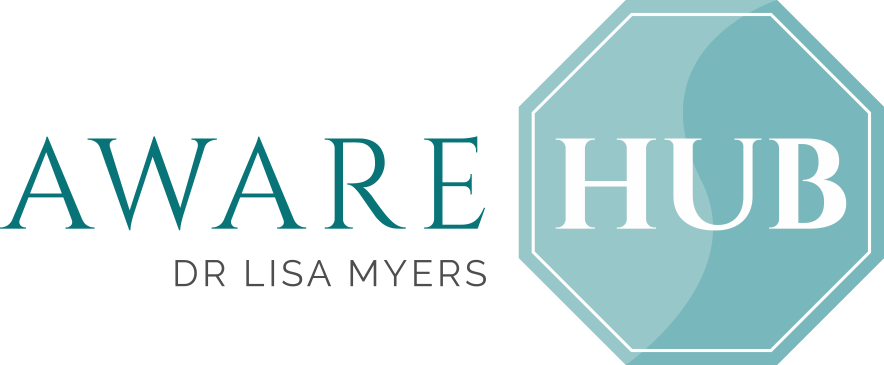Mental Health Services for DVA Clients
the department of veterans affairs
The Department of Veterans’ Affairs (DVA) is a government agency that is responsible for providing support and assistance to veterans, serving members of the Australian Defence Force (ADF), and their families. The DVA provides acess to a range of health services, including mental health services.
If you have served at least one day in the Australian Defence Force (ADF), including reservists, several options are available to support your mental health and wellbeing. To access mental health services through DVA, you will need to obtain a referral from a medical practitioner, such as a GP. You will also need to register with DVA and obtain a DVA Health Card.
The DVA provides funding for a range of mental health services, including psychological therapy, psychiatric treatment, and medication management. The DVA also provides funding for innovative treatments, such as TMS and esketamine, for eligble clients who have not responded to traditional treatments.
DVA Clients at awarehub
AwareHub is dedicated to helping those who have served our country and are now struggling with mental health issues. We understand the uniqure challenges that Veterans face and are committed to providing treatment options to improve quality of life.
Our Services
We offer a range of services to help our DVA clients manage their mental health, including:
- Transcranial Magnetic Stimulation (TMS): TMS: is a non-invasive treatment option for depression that uses magnetic fields to stimulate nerve cells in the brain. TMS has been shown to be effective in treating depression, anxiety and OCD.
- Occupational Therapy: Occupational therapy can be used to improve and support functioning in a variety of areas of life e.g. self-care, budgeting, managing home life, cooking, cleaning, organising tasks, socialising, having healthy relationships, finding and managing work etc. Trauma, depression and anxiety can cause longstanding impairments that reduce your functioning; but, our occupational therapist can work with you to feel more capable and confident again.
- Ketamine Treatment: Ketamine treatment is an effective treatment for treatment-resistant depression. Click here to download our referral form or contact TMS@awarehub.com.au for more information.
As per the guidelines set by the Therapeutic Goods Administration (TGA), we cannot advertise prescription medications to the public. However, we are committed to providing the best possible care to our clients and offer a range of next-step therapies that can be discussed during a consultation with our team. If you’re struggling with treatment-resistant depression, we are here to help you explore your options and determine the best course of action for your needs.
For more information on the services we provide, or to book an appointment, please contact reception on 1300 029 273 or reception@awarehub.com.au
Conditions we treat
We understand that mental health conditions can have a significant impact on quality of life, and are committed to providing effective treatment options to help you manage your symptoms and improve your mental health. The conditions we treat include (but are not limited to):
Depression: depression is a common mental health condition that can affect anyone, including those who have served in the military. Symptoms may include feelings of sadness, hopelessness, and loss of interest in activities.
Treatment-Resistant Depression: depression that has not responded to traditional treatments such as medication and therapy is known as treatment-resistant depression. Given the unique challenges faced by DVA clients, it is important to provide specialised and novel treatment options.
Post Traumatic Stress Disorder (PTSD): PTSD is a common condition experienced by those who have been in combat or have experienced other traumatic events. Symptoms may include re-experiencing the traumatic event through flashbacks, nightmares, and intrusive thoughts, avoidance of triggers associated with the traumatic event, hyperarousal, such as being easily startled, and difficulty sleeping, and negative changes in mood and cognition, such as difficulty concentrating and feelings of detachment from others.
Anxiety Disorders: anxiety disorders, including generalised anxiety disorder, panic disorder, social anxiety disorder, and specific phobias, are common mental health that can cause significant distress and impairment in daily life. Anxiety is a state of constant worry, an inability to relax, and feelings of fear (without any apparent reason). These feelings are often accompanied by unexplained physical symptoms such as chest pain, rapid breathing, nausea, dry mouth, sweating and digestive issues.
Obsessive Compulsive Disorder (OCD): OCD is a mental health condition characterised by intrusive and repetitive thoughts, images, or impulses that cause significant anxiety and distress. In an attempt to alleviate the distress, individuals with OCD engage in compulsive behaviours or mental acts, such as excessive cleaning, checking, or counting.


